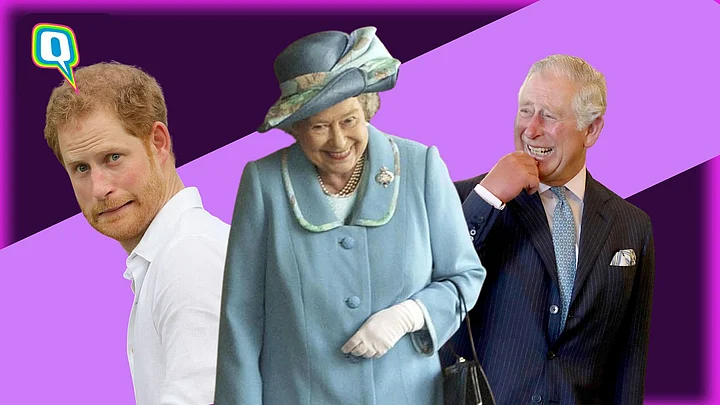Queen Elizabeth II’s death has kept Twitter busy all day. A large number of users are sharing memes, others are sharing facts about her life (mostly bad), and a handful others are mourning the death of the longest reigning monarch.
Comments that are unabashedly hateful and tread dangerously close to trolling are always unnecessary; that’s obvious. But there’s a gray area when it comes to talking about the problematic parts of these public figures’ lives after their death. Some might say that there’s no point demeaning them, especially when they are no longer present to defend themselves. On the other hand, some disagree and say that an event such as death is one of the few occasions when these topics actually come up. I agree with the latter.
This is even more true in cases of people like The Queen, whose legacy is so wide-spanned and spreads across decades. Younger generations like ours might not even be aware of some of the most crucial and defining aspects of her reign.
Take the Aberfan incident from 1966, for example. A former coal mining village in the Taff Valley of Wales, Aberfan saw the catastrohpic collapse of a coal tip leading to the tragic death of 116 children and 28 adults. The Queen visited Aberfan 8 long days after the tragedy, amid growing pressure from her aides to do so. It is possible she might have not visited Aberfan at all had it not been for this external pressure. But once she did make the visit, she has been known to have a special connection with the village and its people.
I was born in 2000. I wouldn’t have even known about this incident had it not been for the Netflix show The Crown, or through extensive threads on Twitter that I have read ever since the Queen’s death.
So, Where Does One Draw the Line?
In my opinion, it is good to have discussions about the questionable aspects of a public figure’s life, mostly because it helps lower them from a pedestal and avoid unnecessary idolizing. More and more people start acknowledging that no matter how enigmatic the figure is, they come with their own set of flaws.
Among these, one significant blot in the Royal Family’s history that might not be very well-known in the general discourse is about her first cousins, Nerissa and Katherine Bowes-Lyon. Pronounced dead by the Crown in the 1940s, the sisters were confined to a psychiatric care facility called The Royal Earlswood Institution for Mental Defectives till they died in 1986 and 2014 respectively. The Royal Family moved on with its life and never acknowledged the existence of these cousins, merely because they were disabled.
The Crown has had its history of discriminating against ethnic minorities as well. Documents revealed by The Guardian show that the royal family has special clauses in place that excuse them from laws that prevent race and sex discrimination. To this day, the Crown has neither acknowledged nor issued an apology for any of these allegations.
These facts being circulated online yet again is crucial as the world questions the need for a monarchy in the first place. Add to that its several (and siginifciant) imperfections, and the answer becomes clearer than ever.
So, What About Memes?
Indian twitter had one very specific category of memes: we aren’t about to show any sympathy for our coloniser. And rightfully so.
You colonised us for 200 years and took a lot from us. Just let us have the memes.
Professional Okay, Personal Not Okay
This principle might apply when talking about any celebrity or public figure after their death. Discuss their professional lives, since those might ahve an impact on the people, but their personal life is still theirs.
Then again, for a person that is literally the Queen, any viral thread on social media discussing her personal life isn’t going to affect the royal family in the least. The same goes for any other discourse online too, but the difference is that incidents involving her public duty are educating, and might directly affect some of us. Discussion about her personal life are just gossip and plain jokes (which, sometimes, are very enjoyable).
The Platform Makes a Difference Too
I’ve noticed how Instagram is full of “RIP Queen”, “Here’s to the longest serving monarch”-type posts and Twitter is as far opposite from this as it could be. Right from Diana to Meghan Markle memes, and Charles finally getting to be King, Twitter is a whole other mood. So I guess it also depends on the platform where you’re looking. Instagram is perfect when it comes to respecting the feelings of the mourners, but if you don’t want to get offended, best stay away from Twitter (that’s where I’ve been all this time).
